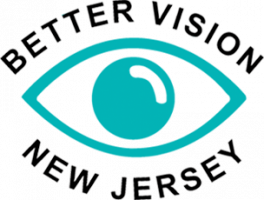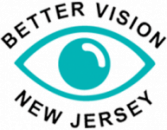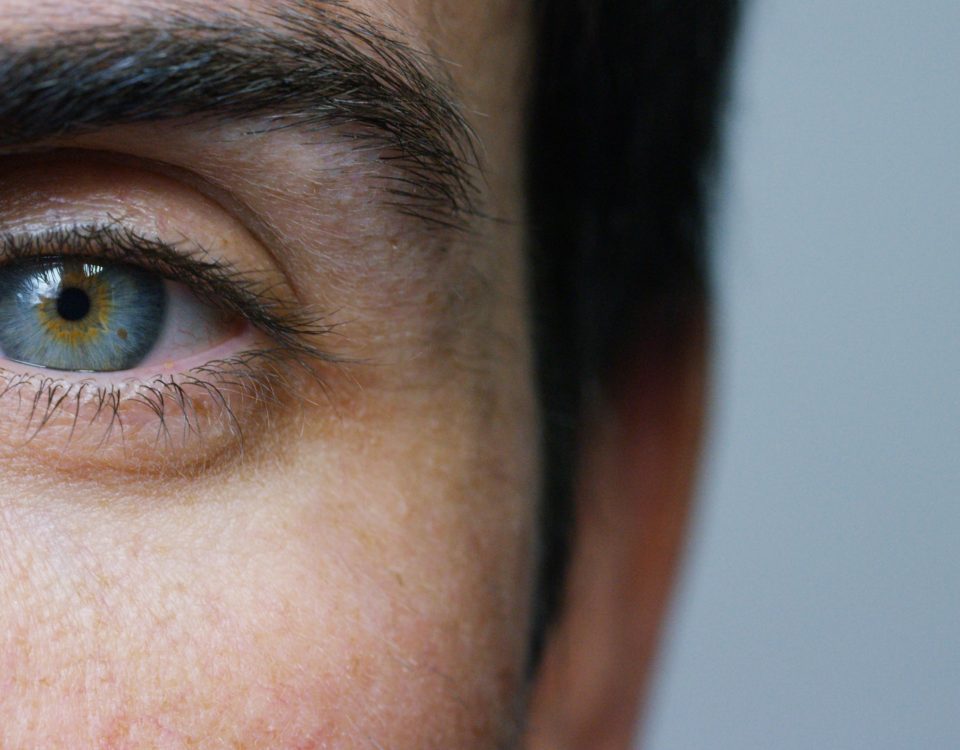Finding the Perfect Pair of Glasses

We’ve Only Got Eyes for You: Loving Your Vision
02/13/2023
Keep Your Eye on the Ball
04/24/2023Although we’ve seen many advances in contact lenses and vision correction surgery, glasses remain one of the most popular forms of eyewear. Even those with clear vision are turning to glasses for reading, UV or blue light protection, or simply because they’re fashionable.
With so many options, selecting the right pair of glasses can be overwhelming. Here’s our guide to finding glasses that fit your needs—whatever they may be.
Get your prescription & visit experts
Before choosing a new pair of glasses, visit us for an eye exam. We’ll determine what kind of vision correction you need and send you to our Optical Shoppe where experts will fit you for the perfect pair.
Choosing to visit an optician in person has many benefits. You’ll receive recommendations for lenses and frames that fit your lifestyle and goals. We’ll also take precise measurements, like pupil distance, which can be difficult to measure yourself if you buy glasses online. DIY measurements with online shopping can result in subpar vision correction due to your prescription not lining up with your eyes. In fact, studies show that more than 40% of glasses purchased online had prescription or safety issues. When in doubt, visit our experts!
Types of prescription glasses
There are several varieties of prescription eyeglasses available. The most common include single-vision lenses, bifocals, trifocals, and lineless progressive bifocals—all of which address specific vision needs.
Single-vision lenses are great for those who are nearsighted, farsighted, or have astigmatism. They only correct vision at one specific distance—either near or far. They’re the most common (and the cheapest!) kind of lens.
Bifocals correct multiple vision problems. These lenses have two different sections that correct near or distant vision.
Trifocals are similar to bifocals, but they have an additional section that corrects intermediate vision. Bifocals and trifocals both have distinct lines separating each field of vision. Although most people get used to this, you may prefer to wear progressive lenses instead!
Lineless progressive bifocals help correct near and distance vision—but without the lines between each section. Without those lines, many patients find these progressive bifocals easier to adjust to than traditional bifocals.
Nonprescription glasses
Many people also choose to wear nonprescription glasses for a number of reasons, including preventative eye care and fashion. Reading glasses, blue light glasses, and sunglasses can all benefit your lifestyle.
Reading glasses do not require a prescription if you purchase them over the counter. They help you to see things up close, especially when you read books or newspapers or use digital devices. These are a great option if you have the same vision in each eye. However, prescription glasses may better for your eyes and vision needs.
Blue light blocking glasses have become popular as we spend more time using computers, phones, tablets, and other devices. While there is no evidence that blue light damages the eye or negatively impacts vision, it can disrupt your circadian rhythm and sleep.
Sunglasses should be worn to guard your eyes from harmful UVA and UVB rays. You can wear prescription or non-prescription sunglasses, but it’s always important to find ones with 100% UV protection and polarized lenses.
Visit our optical shoppe
At Better Vision New Jersey’s Optical Shoppe, we offer a one-stop-shop optical experience. Our expertly trained staff will guide you through the process of finding your perfect pair of glasses by providing you with a custom frame fit, and offering solutions to enhance your comfort. If you’re looking for a new pair of glasses, visit us today or browse our selection of frames online!




